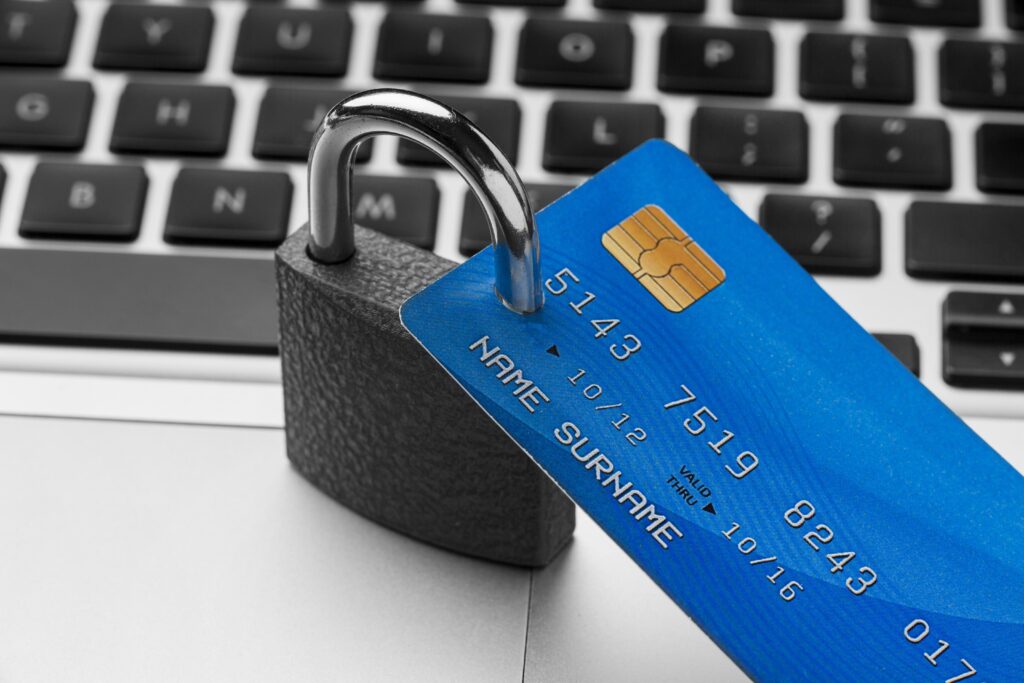In today’s digital world, cyber frauds and online scams are increasing rapidly across India. Many innocent people suddenly discover that their bank account has been frozen or marked with a lien due to cyber crime investigations. This situation creates panic because the account holder often has no idea why this has happened.
If your account has been frozen, it is important to know why it happens, what legal remedies are available, and how to unfreeze it with the help of a cyber crime lawyer.

Why Do Banks Freeze Accounts in Cyber Crime Cases?
Your bank account can be put on hold or lien for several reasons:
-
Suspicious transactions traced during cyber crime investigation.
-
Money received from online fraud, phishing, UPI scams, or hacked accounts.
-
Crypto/USDT P2P trades where funds were linked with fraud complaints.
-
Deposits and withdrawals from fake gaming or investment apps.
-
Orders from Cyber Police under Section 102 CrPC (now Section 106 BNSS).
-
Complaint filed on the 1930 helpline or www.cybercrime.gov.in portal.
👉 Remember: A freeze is not always punishment – it is usually a preventive step during investigation.
What Happens When Your Account is Frozen?
-
You cannot withdraw, transfer, or use the blocked funds.
-
Sometimes only a specific disputed amount is frozen, and in other cases the entire account is blocked.
-
The freeze is usually initiated by an order from the Cyber Crime Cell, which is then forwarded to your bank.
Steps to Unfreeze a Bank Account in Cyber Crime Cases
1. Visit Your Bank
-
Confirm if the freeze is partial (lien amount) or complete (full account).
-
Request a copy of the freeze order.
-
Ask for the Investigating Officer (IO) details.
2. Approach the Cyber Crime Cell
Submit a written application with documents:
-
Identity proof (Aadhaar, PAN).
-
Bank statement/passbook.
-
Proof of genuine transactions (invoices, UPI IDs, Binance order IDs, receipts).
-
A request for No Objection Certificate (NOC) for account unfreezing.
3. Seek Legal Help from a Cyber Crime Lawyer
A lawyer will:
-
Draft a legal reply/application to the Cyber Police.
-
File a petition before the Judicial Magistrate under:
-
Section 451 CrPC → Release of property during trial.
-
Section 457 CrPC → Return of seized property during investigation.
-
-
File a Writ Petition under Article 226 in the High Court if the freeze violates your fundamental rights (Article 21 – right to livelihood).
4. Banking & RBI Complaint
-
Once you get NOC from the Cyber Cell, submit it to your bank.
-
If the bank does not unfreeze, you can file a complaint with the RBI Ombudsman through the CMS portal.
Safety Tips to Prevent Account Freeze in Future
-
Never share your account for unknown transactions.
-
Avoid deposits from illegal loan apps, gaming apps, or fake investments.
-
Trade only with KYC-verified crypto buyers/sellers on trusted platforms.
-
Keep records of all transactions (UTR, invoices, chats, order IDs).
-
Report fraud immediately on 1930 helpline or cybercrime.gov.in.
A bank account freeze due to cyber crime can be a stressful situation, but it is often temporary. With proper documents, communication with the Cyber Cell, and guidance from an experienced cyber crime lawyer, you can unfreeze your account and safeguard your financial rights. Quick action, awareness, and record-keeping are the keys to avoiding such problems in the future.
Disclaimer
This blog is for informational purposes only and should not be treated as legal advice. We are not doing any advertisement or solicitation work. If you are a victim of cyber crime, immediately contact the National Cyber Crime Helpline (1930), and file a complaint on www.cybercrime.gov.in.
